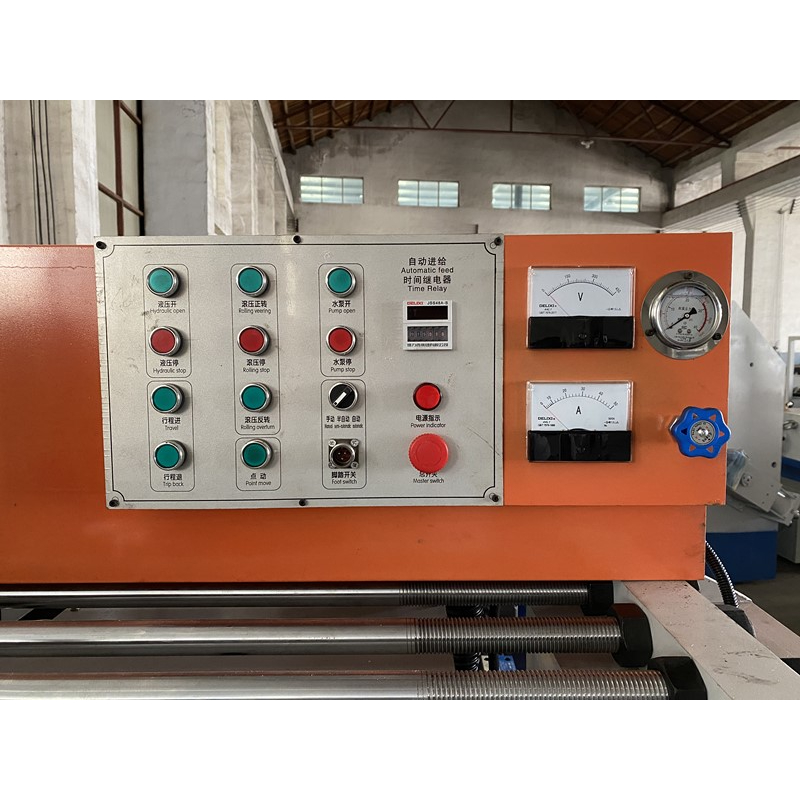
-
 Afrikaans
Afrikaans -
 Albanian
Albanian -
 Amharic
Amharic -
 Arabic
Arabic -
 Armenian
Armenian -
 Azerbaijani
Azerbaijani -
 Basque
Basque -
 Belarusian
Belarusian -
 Bengali
Bengali -
 Bosnian
Bosnian -
 Bulgarian
Bulgarian -
 Catalan
Catalan -
 Cebuano
Cebuano -
 Corsican
Corsican -
 Croatian
Croatian -
 Czech
Czech -
 Danish
Danish -
 Dutch
Dutch -
 English
English -
 Esperanto
Esperanto -
 Estonian
Estonian -
 Finnish
Finnish -
 French
French -
 Frisian
Frisian -
 Galician
Galician -
 Georgian
Georgian -
 German
German -
 Greek
Greek -
 Gujarati
Gujarati -
 Haitian Creole
Haitian Creole -
 hausa
hausa -
 hawaiian
hawaiian -
 Hebrew
Hebrew -
 Hindi
Hindi -
 Miao
Miao -
 Hungarian
Hungarian -
 Icelandic
Icelandic -
 igbo
igbo -
 Indonesian
Indonesian -
 irish
irish -
 Italian
Italian -
 Japanese
Japanese -
 Javanese
Javanese -
 Kannada
Kannada -
 kazakh
kazakh -
 Khmer
Khmer -
 Rwandese
Rwandese -
 Korean
Korean -
 Kurdish
Kurdish -
 Kyrgyz
Kyrgyz -
 Lao
Lao -
 Latin
Latin -
 Latvian
Latvian -
 Lithuanian
Lithuanian -
 Luxembourgish
Luxembourgish -
 Macedonian
Macedonian -
 Malgashi
Malgashi -
 Malay
Malay -
 Malayalam
Malayalam -
 Maltese
Maltese -
 Maori
Maori -
 Marathi
Marathi -
 Mongolian
Mongolian -
 Myanmar
Myanmar -
 Nepali
Nepali -
 Norwegian
Norwegian -
 Norwegian
Norwegian -
 Occitan
Occitan -
 Pashto
Pashto -
 Persian
Persian -
 Polish
Polish -
 Portuguese
Portuguese -
 Punjabi
Punjabi -
 Romanian
Romanian -
 Russian
Russian -
 Samoan
Samoan -
 Scottish Gaelic
Scottish Gaelic -
 Serbian
Serbian -
 Sesotho
Sesotho -
 Shona
Shona -
 Sindhi
Sindhi -
 Sinhala
Sinhala -
 Slovak
Slovak -
 Slovenian
Slovenian -
 Somali
Somali -
 Spanish
Spanish -
 Sundanese
Sundanese -
 Swahili
Swahili -
 Swedish
Swedish -
 Tagalog
Tagalog -
 Tajik
Tajik -
 Tamil
Tamil -
 Tatar
Tatar -
 Telugu
Telugu -
 Thai
Thai -
 Turkish
Turkish -
 Turkmen
Turkmen -
 Ukrainian
Ukrainian -
 Urdu
Urdu -
 Uighur
Uighur -
 Uzbek
Uzbek -
 Vietnamese
Vietnamese -
 Welsh
Welsh -
 Bantu
Bantu -
 Yiddish
Yiddish -
 Yoruba
Yoruba -
 Zulu
Zulu
Top Quality Thread Rolling Machines for Precision Manufacturing and Increased Efficiency
High-Quality Types of Thread Rolling Machines
Thread rolling machines play a pivotal role in the manufacturing sector, especially in industries that require precision-engineered components such as automotive, aerospace, and machinery production. These machines are designed to create threads on metal rods or other workpieces through a process known as cold forming. As the demand for high-quality threaded components grows, so does the need for advanced thread rolling machines that can provide accuracy, durability, and efficiency. This article explores the various types of high-quality thread rolling machines used in contemporary manufacturing.
Types of Thread Rolling Machines
1. Flat Die Thread Rolling Machines Flat die machines are one of the most common types of thread rolling machines. They operate using two flat dies that compress the material to create threads. These machines are particularly effective for producing large volumes of uniform threads on cylindrical workpieces. They are capable of handling various materials, including steel and aluminum, and are often used for manufacturing bolts, screws, and other fasteners.
2. Circular Die Thread Rolling Machines Circular die machines feature two or more rotating dies that work together to form threads on the workpiece. This type of machine is known for its ability to produce high-quality threads with excellent surface finish. Circular die machines are versatile and can handle different materials and sizes, making them suitable for both small-scale and large-scale production. They are often employed in applications requiring tighter tolerances and finer threads.
3. Multi-Station Thread Rolling Machines These machines are designed for high-volume production, utilizing multiple stations to roll threads simultaneously on several workpieces. Multi-station rolling machines can significantly increase production rates and reduce cycle times, making them ideal for industries that require large quantities of threaded components. They are particularly useful for producing nuts, bolts, and various automotive parts.
4. Hydraulic Thread Rolling Machines Hydraulic thread rolling machines harness the power of hydraulic systems to apply precise pressure on the workpiece, allowing for consistent thread formation. These machines can easily adjust to different sizes and materials, making them highly adaptable for various applications. They are also known for their ability to produce complex thread profiles, making them a valuable asset in specialized manufacturing situations.
high quality types of thread rolling machine

5. Computer Numerical Control (CNC) Thread Rolling Machines CNC thread rolling machines are at the forefront of modern manufacturing technology. These machines use computer programming to control the rolling process, allowing for unprecedented precision and repeatability. Engineers can design intricate thread patterns that are executed with high accuracy. CNC machines are particularly beneficial when producing custom parts that require specific threading requirements. Their flexibility and efficiency make them a popular choice for manufacturers aiming to optimize their operations.
Advantages of High-Quality Thread Rolling Machines
Investing in high-quality thread rolling machines provides numerous advantages for manufacturers. Firstly, these machines enhance productivity by reducing production times and improving throughput. They can operate at high speeds while maintaining accuracy, making them ideal for mass production.
Secondly, high-quality machines contribute to improved quality control. The consistency achieved through advanced technology minimizes the chances of defects, leading to reduced wastage and lower costs in the long run. Precise thread formation also ensures that the finished components fit together more effectively, enhancing the overall performance of the final products.
Lastly, the durability of high-quality thread rolling machines means lower maintenance costs and extended operational lifespans. Investing in robust machines is crucial for manufacturers looking to minimize downtime and maximize their return on investment.
Conclusion
In conclusion, high-quality thread rolling machines are essential for modern manufacturing processes that demand precision, efficiency, and reliability. The various types of thread rolling machines cater to a wide range of applications, allowing manufacturers to produce high-quality threaded components for many industries. As technology continues to evolve, the capabilities of these machines will further enhance manufacturing efficiency and quality, solidifying their role as indispensable tools in industrial production.
